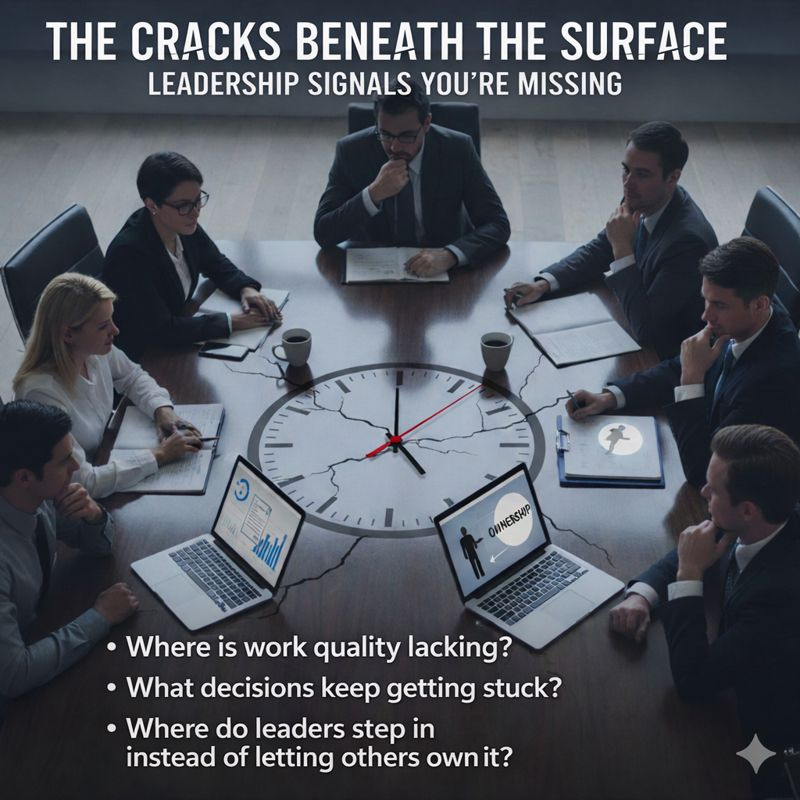Addressing Your Weaknesses
We tend to be stressed, unhappy, or ineffective when doing tasks that we aren’t good at. Our lack of results reduces our self-confidence and happiness. It is important for us to enhance our ability in some areas of weakness, to delegate some tasks to others, and to simply stop doing other activities.
Achieving Personal Significance in life, feeling like we are making a difference, requires that we are honest with ourselves and address our weaknesses appropriately. If our personal or professional life requires us to be stronger in a particular skill such as people skills, we need to make it a priority to develop in that area. If we are part of a team, it's helpful for all team members to share their strengths and redistribute the work so everyone is primarily using their strengths.
Delegating or reassigning some of your own tasks to someone with better-fit skills increases workplace efficiency. Much of our time is waste doing unimportant tasks such as reading junk email, leaving less time do to valuable work. That time could be applied to higher value activities.
Which of your skills do you need to develop, what can you delegate to more skilled colleagues, and what will you simply stop doing?



